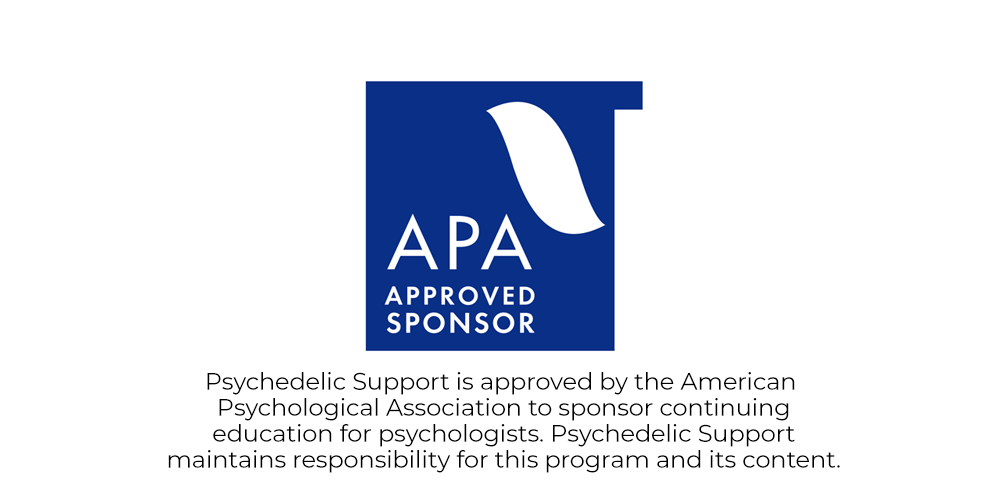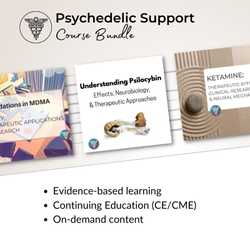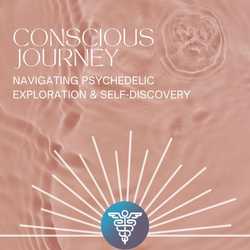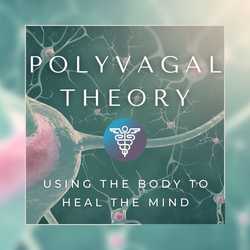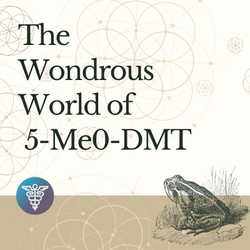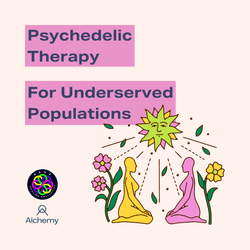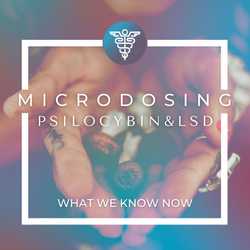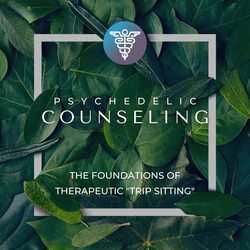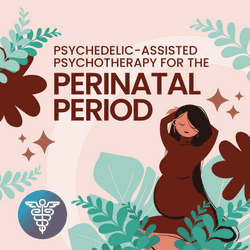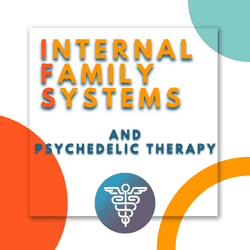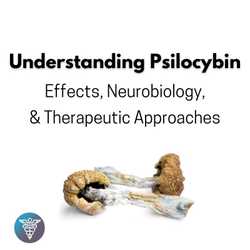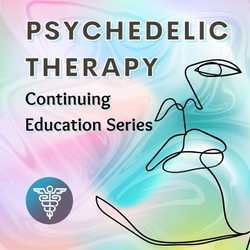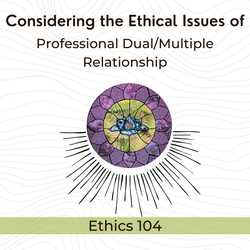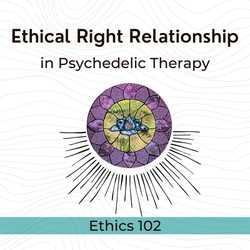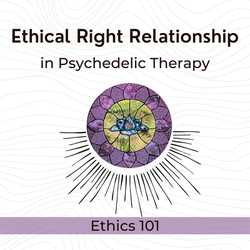Peer Consultation Groups: Supporting Ethical Alertness in Community (Ethics 103)
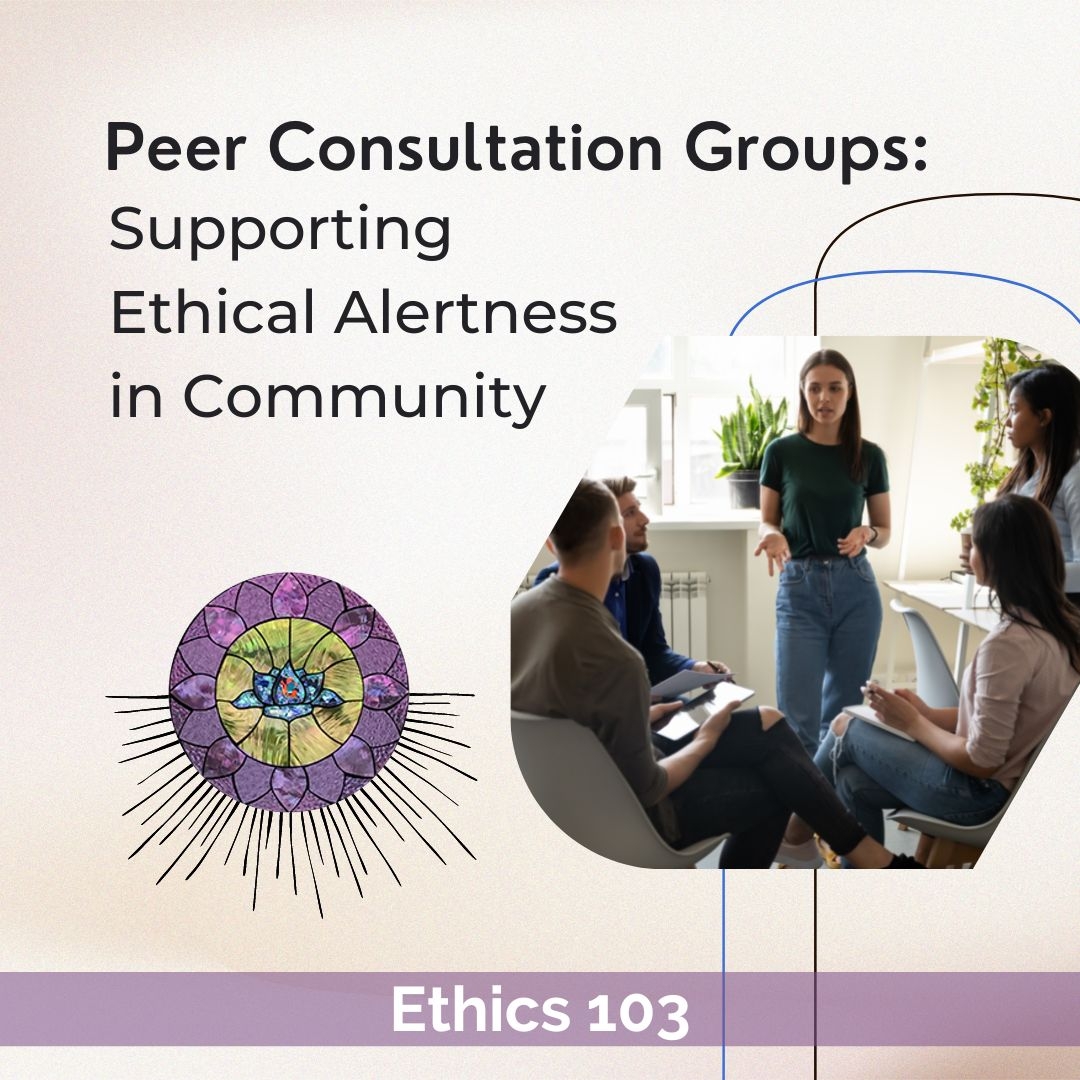
Peer Consultation Groups: Supporting Ethical Alertness in Community (Ethics 103)
$0.00
Course Access
Guarantee
Learning
Course Description
Therapists and practitioners use the structure of an InnerEthics® Peer Consultation Group to create a safe enough container in which they can serve one another by taking turns in the roles of a consultation. This will bring greater benefit to their clients and support one another in maintaining ethical alertness.
This video course provides instruction about the structure (the roles and functions) that supports vulnerability with attention to compassion and learning instead of judgment so that group members can grow more conscious and skillful together. You will observe five therapists use role-play to demonstrate how the easily learned roles and functions work to support one another’s insight and consciousness development.
The value of this structure is that members can feel safe enough with their like-minded, compassionate peers to pull back the curtain bit by bit from their Shadows, from their unconscious motivations, biases, and patterns. With more consciousness and clarity, members can make better choices when they are in the role of “Responsible Party”.
Connection and Practice
This course helps you to connect with peers interested in convening a group. We’ll provide you with a way to find others who have completed the ethics series.
Ethics 103 is part of a series of ethics courses - Ethics 101, Ethics 102, and Ethics 104. Buy two or more of these courses to receive 20% off!
[Ethics 103 can stand alone as a course, but if members of your Peer Consultation Group have taken Ethics 101 and Ethics 102, you will all have been introduced to the InnerEthics® Ethical Awareness Tools for finding Right Relationship with Clients. You will be able to utilize these well in your Peer Consultation Group. Using the same terms and speaking the same “therapeutic ethical shorthand” saves time and allows members to be much more helpful to each other.]
Who is this course for?
This course is for practitioners who are presently practicing or being trained to do psychedelic-assisted psychotherapy or assisting clients with the integration of these kinds of profound experiences. This ethical approach is helpful to anyone working therapeutically. This particular course is focused on how practitioners can support each other in compassionate self-reflection about therapeutic relationships. These elements require self-awareness, ethical awareness, and trigger management by those working with patients or clients in the field of psychedelics: psychologists, therapists, mentors, physicians, medical professionals, bodyworkers, teachers, and other practitioners.
Course Curriculum
- Structure of an InnerEthics® Peer Consultation Group
- Description of reciprocal group roles and functions that support professional vulnerability and consciousness development that increases the possibility of client safety.
- Research and rationale for the effectiveness of structured Peer Consultation Group roles and functions.
- Demonstration of a Peer Consultation Group with Role Play
- Demonstration of trust-building, skill-building, and ethical learning.
- Demonstration of how functioning in the roles provides for learning and skill-building of therapeutic skills.
Learning Objectives
After this course, you will be able to:
- Describe the rationale for a simple structure with group agreements, clearly defined roles, clearly defined role functions, and reciprocity in performing the group roles.
- Explain the rationale of providing a safe container for peers to discuss vulnerable self-inquiry in a Peer Consultation Group.
- Identify at least two of the benefits available to Peer Consultation Group members who follow the structure outlined for such a group.
- Utilize Ethical Awareness Tools in Peer Consultation Groups.
Professional Continuing Education
In support of improving patient care, Psychedelic Support offers continuing education for health providers through the the American Psychological Association (APA).
Testimonials
Meet your Course Instructors, Contributors, & Peer Reviewers:

Extra Info
- Online platform access: 1 year.
- After 1 year, renew your account for an additional year by purchasing any of our on-demand courses. All previously purchased courses will be accessible in your dashboard.
- 100% student satisfaction or money-back guarantee.
- Course FAQ can be found here.
Self-paced course includes:
- Video presentation (70 minutes)
- Downloadable Course Syllabus
- Introduction and Highlights
- Eight-page summary of Peer Consultation Groups and how to convene a group
- Downloadable Course Materials Booklet (13 pages), which includes:
- Brief description of other Ethics Ethical Awareness Tools to help practitioners [full description of these in Ethics 101 & Ethics 102]
- Identify motivations
- Recognize ethically precarious situations
- Identify conflicts of interest
- Assess the therapeutic container for a balance of safety-appropriate risk, and intra- and inter-personal support
- Summary page about each of the roles and their role functions
- Suggested questions for consultants
- Six role-plays with which to practice role functions in a new group
- References and resources
- Brief description of other Ethics Ethical Awareness Tools to help practitioners [full description of these in Ethics 101 & Ethics 102]
- Connect with peers interested in forming a group
- Downloadable References & Resources
- Discussion forum to engage with other learners and instructors
- Knowledge checks
- 1-year access to our online learning platform
- Access to videos from our past speaker series events
- Official Psychedelic Support Certificate
- Optional 2-hour continuing education (CE) credit for licensed professionals, including psychologists, therapists, social workers, etc.
Choose the optional Continuing Education (CE) option for:
- 2 hours of continuing education (CE) credits
- CE Certificate for licensed professionals, including psychologists, therapists, nurses, social workers, etc.
- See below for more information about continuing education
Certificate Information
Interested in the different certificate options for our courses? Read on to learn more:
Once you complete the course, you will receive a Psychedelic Support Certificate of Completion. Choose this option if you are not a licensed health provider and do not need continuing education credit for your professional degree.
Once you complete the course, you will receive a Psychedelic Support CE Certificate. Choose this option if you are a licensed health provider seeking continuing education credit for your professional degree.
- Be sure to select the CE credit option when purchasing the course.
- Upon completion of the course, you will receive a Certificate of Attendance for your credits.
- CE credits for psychologists are provided by Psychedelic Support, an APA-approved CE sponsor.
- Psychedelic Support is approved by the American Psychological Association to sponsor continuing education for psychologists. Psychedelic Support maintains responsibility for this program and its content.
- The California Board of Behavioral Sciences accepts CE credits for LCSW, LPCC, LEP, and LMFT license renewal for programs offered by approved sponsors of CE by the American Psychological Association.
- LCSW, LPCC, LEP, and LMFTs, and other mental health professionals from states other than California need to check with their state licensing board as to whether or not they accept programs offered by approved sponsors of CE by the American Psychological Association.
- FFor questions about receiving your Certificate of Attendance, to request special accommodations, or report a grievance contact Psychedelic Support info@psychedelic.support.
